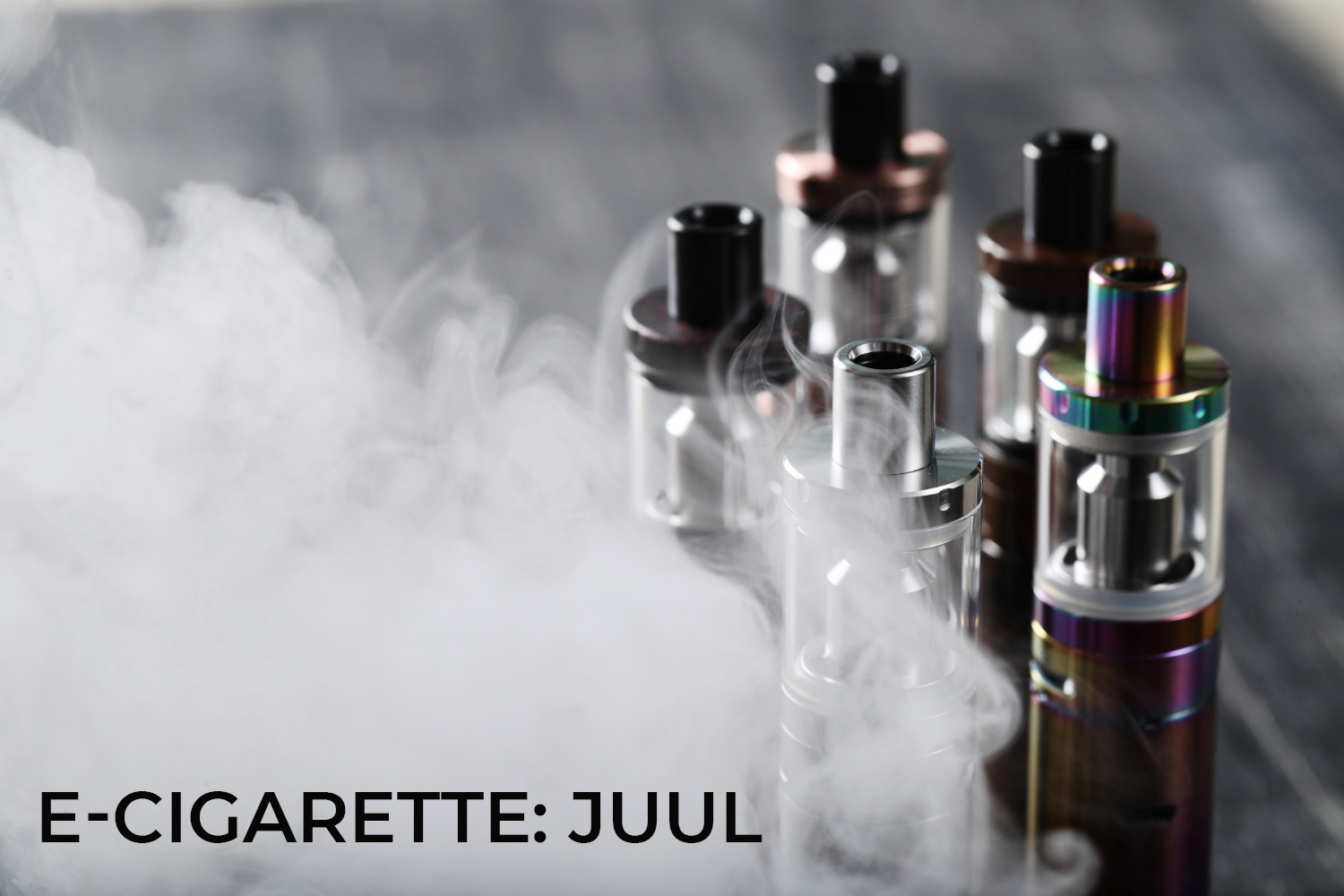Defendant:
Juul Labs, Inc.
Defendant Law Firm:
- Gregory P. Stone, Daniel B. Levin, Bethany W. Kristovich, and John M. Gildersleeve of Munger Tolles & Olson LLP.
- Renee D. Smith and Peter A. Farrell of Kirkland & Ellis LLP.
Allegations:
Currently, more than 900 product liability and class action complaints are filed throughout the U.S. District Court system, each claiming that the teens and young adults have been left with nicotine addiction problems from JUUL vaping pods, including false and misleading advertisements.
Plaintiffs' Steering Committee:
- Rachel Abrams - Levin Simes Abrams
- Erin Dickinson - Crueger Dickinson
- Michelle Drake - Berger Montague
- Jonathan Gdanski - Schlesinger
- Adam J. Gutride - Gutride Safier LLP
- Bradley D. Honnold - Goza & Honnold, LLC
- Emily Jeffcott - Morgan & Morgan
- Kristine Kraft - Schlichter Bogard & Denton, LLP
- Esfand Y. Nafisi - Migliaccio & Rathod LLP
- Matt Schultz - Levin Papantonio
- Sabita J. Soneji - Tycko & Zavareei LLP
- Joseph Vanzandt - Beasley Allen Law Firm
- Mikal C. Watts - Watts Guerra LLP
- Michael M. Weinkowitz - Levin Sedran & Berman LLP
Lawsuit Status:
JUUL injury lawsuits are being prepared for early bellwether trials, which are expected to begin in early 2022.
MDL Status:
MDL No.: 2913
(In Re: Juul Labs, Inc. Marketing, Sales Practices & Products Liability Litigation)
On October 2, 2019, the United States Judicial Panel on Multidistrict Litigation issued an order transferring cases to the Northern District of California for coordinated or consolidated pretrial proceedings before Judge William H. Orrick.
May 2021: As per the new research by the Child Health Evaluative Sciences program at The Hospital for Sick Children in Toronto, vaping among teens and young adults can have worsening health conditions and can increase the risk of asthma or asthma attacks. American Thoracic Society conducted a virtual conference where the study was presented which highlighted the links between e-cigarettes and asthma. The researchers are yet unsure about e-cigarettes causing asthma, but vaping surely worsens asthma over time. Canadian Community Health Survey's data from 2015 to 2016 and 2017-2018 was used by the researchers, which included more than 17,000 people aged 12 and up.
The reports stated that more than 3% of the participants used e-cigarettes in the last 30 days which equals to 1 in 32 people from the survey. It also concluded that people using e-cigarettes even smoked traditional cigarettes.
Some other findings of the research include that 13% of participants had asthma and e-cigarette users have 19% chances of having asthma. The research even stated that existing and former smokers have a 20% and 33% higher risk of having asthma, respectively. The study even stated that the e-cigarette users have poor mental health as compared to the people who do not vape.
April 2021: Judge Ann I. Jones in the Los Angeles Superior Court is also overseeing 422 complaints that are pending in California state court as part of a JCCP. These complaints include more than 2,500 individual plaintiffs claiming nicotine addiction after using JUUL products.
Feb. 2021: Federal Trade Commission’s (FTC) trial staff has urged that the commission should not delay the virtual trial slated for April 13 against the tobacco manufacturer Altria's $12.8 billion investment in electronic cigarette company Juul. Juul Labs Inc. and Altria Group Inc are demanding to delay the trial further from the current date of April 13 to mid-July, considering the worsening pandemic outbreak. The FTC's trial staff is opposing both the company's demands by stating that it is unrealistic speculation that holding an in-person trial in mid-July will be safe. FTC's complaint counsel said that the proceedings should begin virtually at the start of mid-April and keep the proceedings virtual.
The staffers informed that although the vaccine news is promising, it is not clear if the chief administrative law judge and his staff, witnesses, and counsel will get the vaccination any soon, making it better to conduct virtual hearings for the case.
The attorneys for the companies argued that the trial should be delayed further, as the masses will not get the vaccine until late June or early July. They even informed that starting virtual hearings will not prevent the health risk, as the attorneys will require to plan accordingly by gathering in-person evidence and prepare witnesses. The attorneys even raised concern over the credibility of the testifying witnesses.
The Federal Trade Commission is overseeing the case, In the Matter of Altria Group/Juul Labs, file number 191-0075.
Important Verdicts & Settlements: Currently there are no settlements made.





